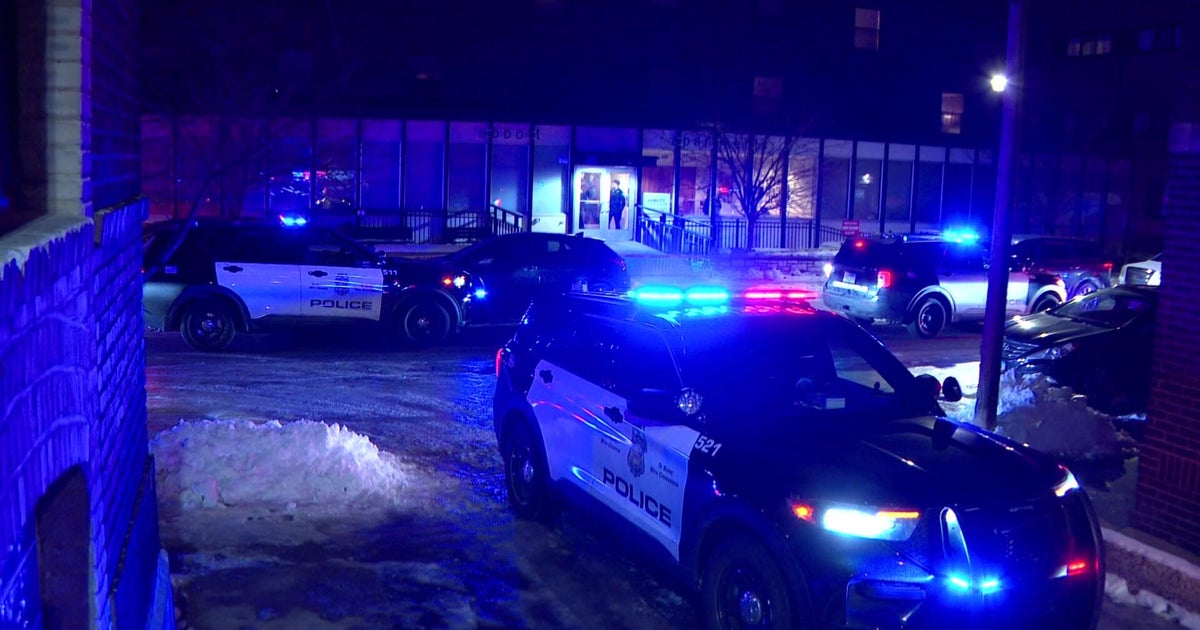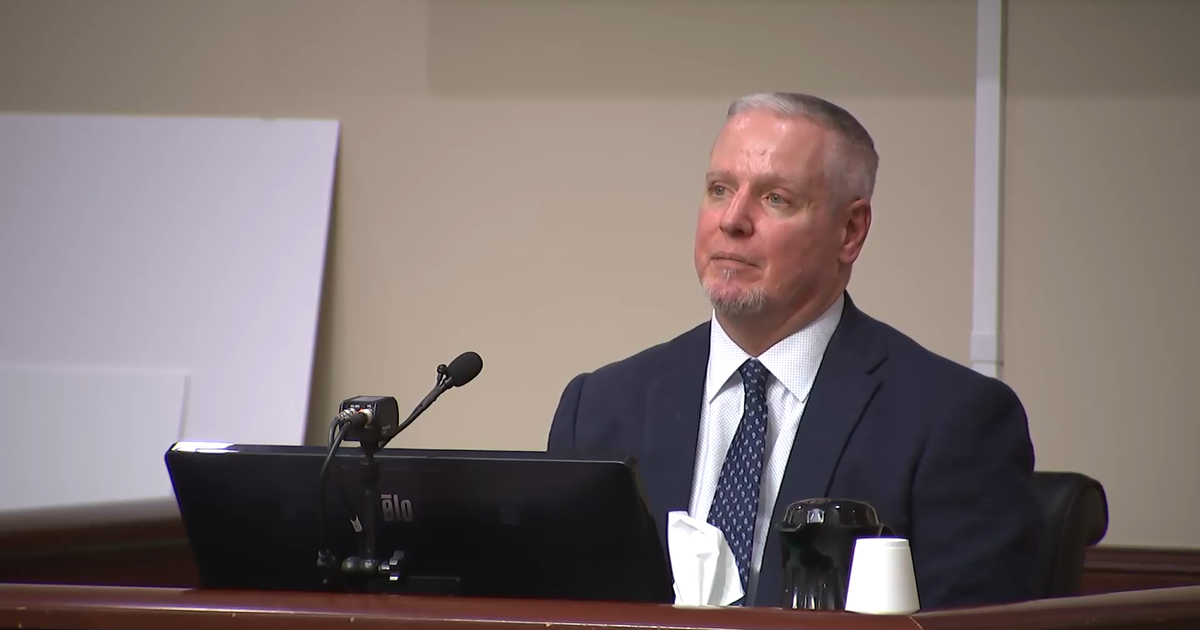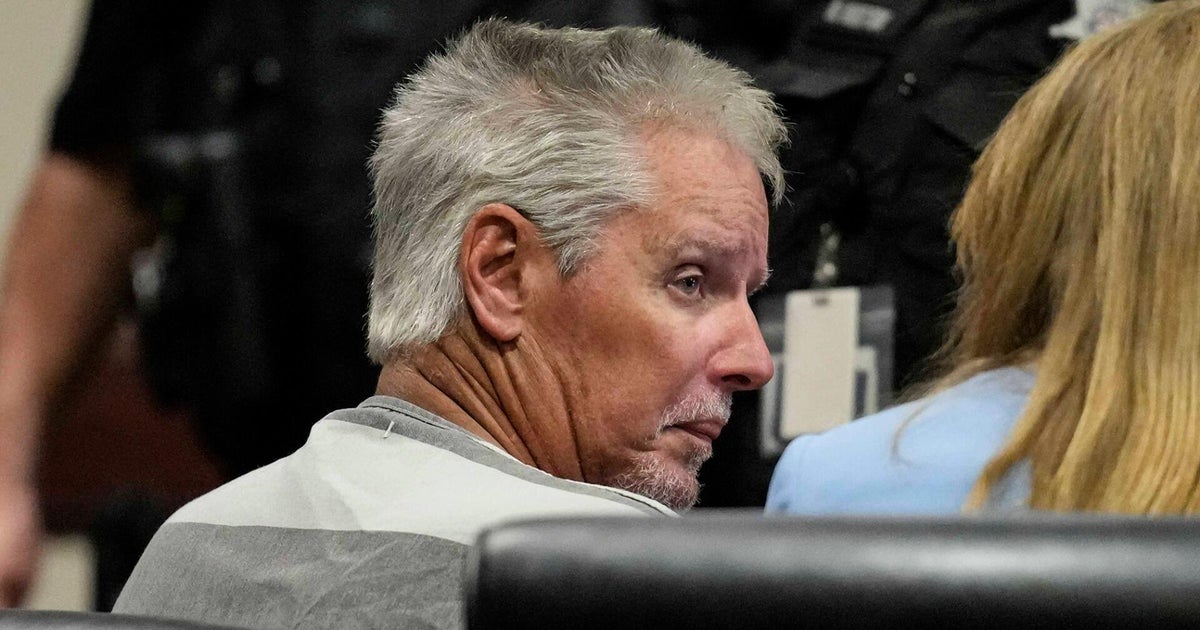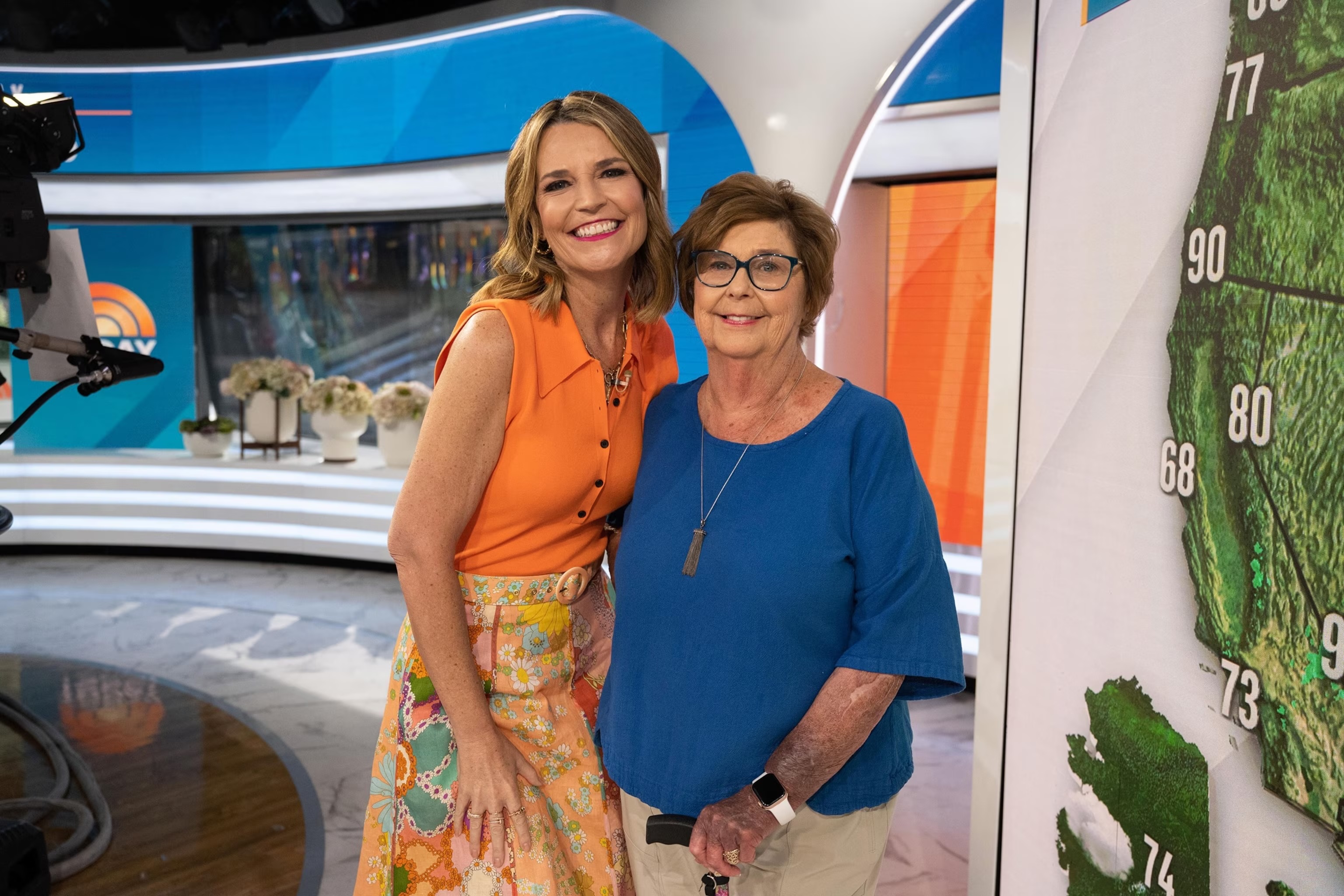Relatives of St. Louis school shooter earlier confiscated same gun used in shooting, police say
Relatives of the gunman who killed a student and teacher Monday during a St. Louis school shooting had long been concerned about his mental health, and worked with police to take a gun away from him — the same gun used in the attack — the St. Louis Metropolitan Police Department confirmed Wednesday. Just nine days before the shooting, the suspect's mother called police to the home after finding the gun, police said.
Police and the FBI are working to determine what prompted 19-year-old Orlando Harris to force his way into Central Visual and Performing Arts High School on Monday and start shooting. St. Louis Metropolitan Police Department Commissioner Michael Sack said in a news conference Wednesday that the the carnage could have been far worse. The gunman was armed with an AR-15-style rifle and an estimated 600 rounds of ammunition.
Fifteen-year-old Alexzandria Bell and 61-year-old teacher Jean Kuczka died in the shooting. Four students suffered gunshot or graze wounds, two had bruises and one had a broken ankle — apparently from jumping out of the three-story building. Sack said all are recovering, as is a police officer who suffered cuts from broken glass.
Police believe the gunman, who was killed by responding officers, had intended targets. They have not said if any of the victims were among them.
His mother was "heartbroken" by the shooting, Sack said. She and other relatives had long dealt with his mental health issues and even had him committed at times, Sack said at a news conference. They also monitored his mail and often checked his room to make sure he didn't have a weapon.
At one point — Sack didn't recall when — they found one.
"They were aware that he had acquired a firearm," Sack said. "They worked with our department to transfer that to an adult who could legally possess one."
Sack at the time said it may have been the gun used in the school shooting, but that had not been confirmed.
However, in a statement released Wednesday night following the news conference, St. Louis police Sgt. Charles Wall confirmed that the gun used in the shooting was indeed determined to be the same gun previously found in the home by family members.
Officers were dispatched to the suspect's home the evening of October 15 on a domestic disturbance call after his mother found the gun in the home and wanted it removed, Wall said.
But responding officers determined that the suspect "was lawfully permitted to possess the firearm," Wall wrote.
While officers did not themselves seize the gun at the time, "a third party known to the family was contacted and took possession of the firearm so that it would no longer be stored in the home," Wall wrote.
Investigators are unsure exactly how the suspect regained possession of the gun.
"While it is not yet clear when or how the suspect came to be in possession of the firearm after this incident, we can confirm that the firearm involved in this incident is the firearm used in the shooting Monday," Wall wrote.
The gunman, in a note left behind, lamented that he had no friends, no family, no girlfriend and a life of isolation. His note called it the "perfect storm for a mass shooter."
"Mental health is a difficult thing," Sack said. "It's hard to tell when somebody is going to be violent and act out, or if they're just struggling, they're depressed, and they might self-harm."
Central Visual and Performing Arts shares a building with another magnet school, Collegiate School of Medicine and Bioscience, which also evacuated as the shooting unfolded. Central has 383 students, Collegiate 336.
The building was locked Monday morning and an unarmed security guard saw the gunman trying to get in. Sack has declined to say how he forced his way inside.
Officers, some of whom were off-duty, arrived four minutes after the 911 call. Amid the chaos of kids, teachers and staff fleeing, officers asked some of them where the gunman was. Eight minutes after arriving, officers located the gunman on the third floor, barricaded in a classroom. Police said in a news release that when he shot at officers, they shot back and broke through the door.
When he pointed his rifle at police, they fired several shots, killing him.
Alexzandria was found in a hallway and died at the scene. Kuczka was found in a classroom and died at a hospital.
It was the 40th school shooting this year resulting in injuries or death, according to a tally by Education Week — the most in any year since it began tracking shootings in 2018. The St. Louis shooting was the first to involve multiple deaths since a gunman killed 19 children and two teachers at Robb Elementary School in Uvalde, Texas, in May, according to Education Week data.
As is common after school shootings, threats to other schools in the region have ticked up since Monday, said Jay Greenberg, special agent in charge of the St. Louis FBI office. Greenberg said many schools throughout the region have responded by bringing in police officers for the time being.
"It is increasing the trauma that all of our parents and students are experiencing," Greenberg said.
Amid the grief, there were glimpses of hope.
Fifteen-year-old Brian Collins is now home from the hospital, his life spared when a bullet to his jaw narrowly missed an artery.
Stephanie Malia Krauss, Brian's godmother and aunt, told the St. Louis Post-Dispatch he was in health class when the gunman broke into the room, killing Kuczka. Though wounded, Brian escaped by jumping from the second-story window.
The bullet remains in his jaw. Krauss said Brian also faces other uncertainty.
Brian transferred to Central earlier this fall because of his love of art — he specializes in pencil charcoal drawings with fine details, Krauss said. He was shot in both hands and is wearing splints from the fingers to the elbows.
"There's no way of knowing the extent of the injuries until follow-up appointments and the swelling goes down," Krauss said.



